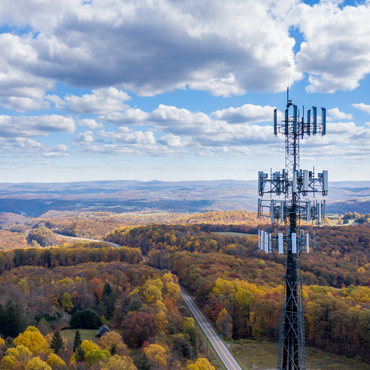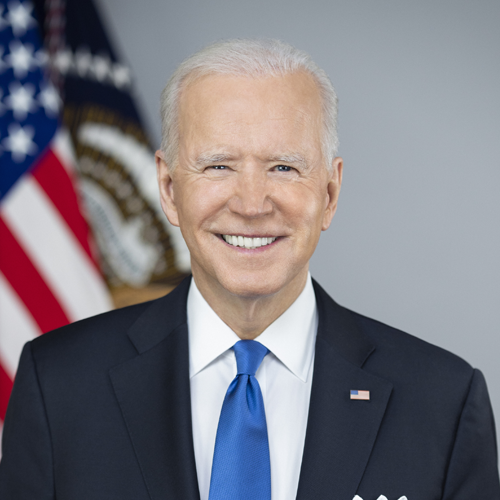US bipartisan infrastructure bill earmarks $65 billion for broadband investments

The US Senate passed an extensive bipartisan infrastructure bill in August which includes $550 billion in new federal investments in America's infrastructure over the course of five years. $65 billion will not only be used to bridge the US digital divide but will also help make broadband affordable. The money will primarily be made available through grants to states.
Over $42 billion in funding is to be used to deploy broadband in rural and inadequately served areas. At least $100 million is earmarked for each 50 states, with another $100 million to be divided among other American territories, such as the U.S. Virgin Islands. Providers receiving federal grant will be required to offer low-cost service to eligible low-income households. $14 billion will be used to subsidize broadband by extending the Emergency Broadband Benefit, for example to low-income city dwellers. The bill seeks to stimulate competition and transparency among service providers in order to lower prices.

The bill also includes $2.75 billion for the Digital Equity Act, which will help states improve internet access for students, the elderly, and historically underserved communities. The Whitehouse compares the current efforts to connect every American to reliable high-speed internet to the federal government’s historic effort to provide electricity to every American nearly one hundred years ago. The bill also focuses on modernizing the electric grid, repairing roads and bridges, giving a boost to airports, public transit, rail and electric vehicles, and improving drinking water safety.
At the same time, the Federal Communications Commission Rural Digital Opportunity Fund (RDOF) is investing $20.4 billion in rural broadband networks. This funding opportunity aims to dramatically improve quality of life for rural communities. What’s more, lawmakers passed a $3.2 billion emergency program in 2020, to help safeguard Americans’ broadband internet access during the pandemic.
- U.S. Secretary of Commerce Gina Raimondo claimed the bill was “among the most significant government investment in broadband access and infrastructure in American history.”
- Democratic Leader Chuck Schumer called the legislation “a decades-overdue step to revitalize America’s infrastructure and give our workers, our businesses, our economy the tools to succeed in the 21st century.”
- Sen. Susan Collins, R-Maine, said the coronavirus pandemic showed that broadband service “is no longer a luxury; it is a necessity.”
- Jonathan Schwantes, senior policy counsel at Consumer Reports: “We commend the Senate for working together on this much needed investment in broadband infrastructure to ensure that more Americans, especially the most vulnerable, have a connection to high-speed internet.”






